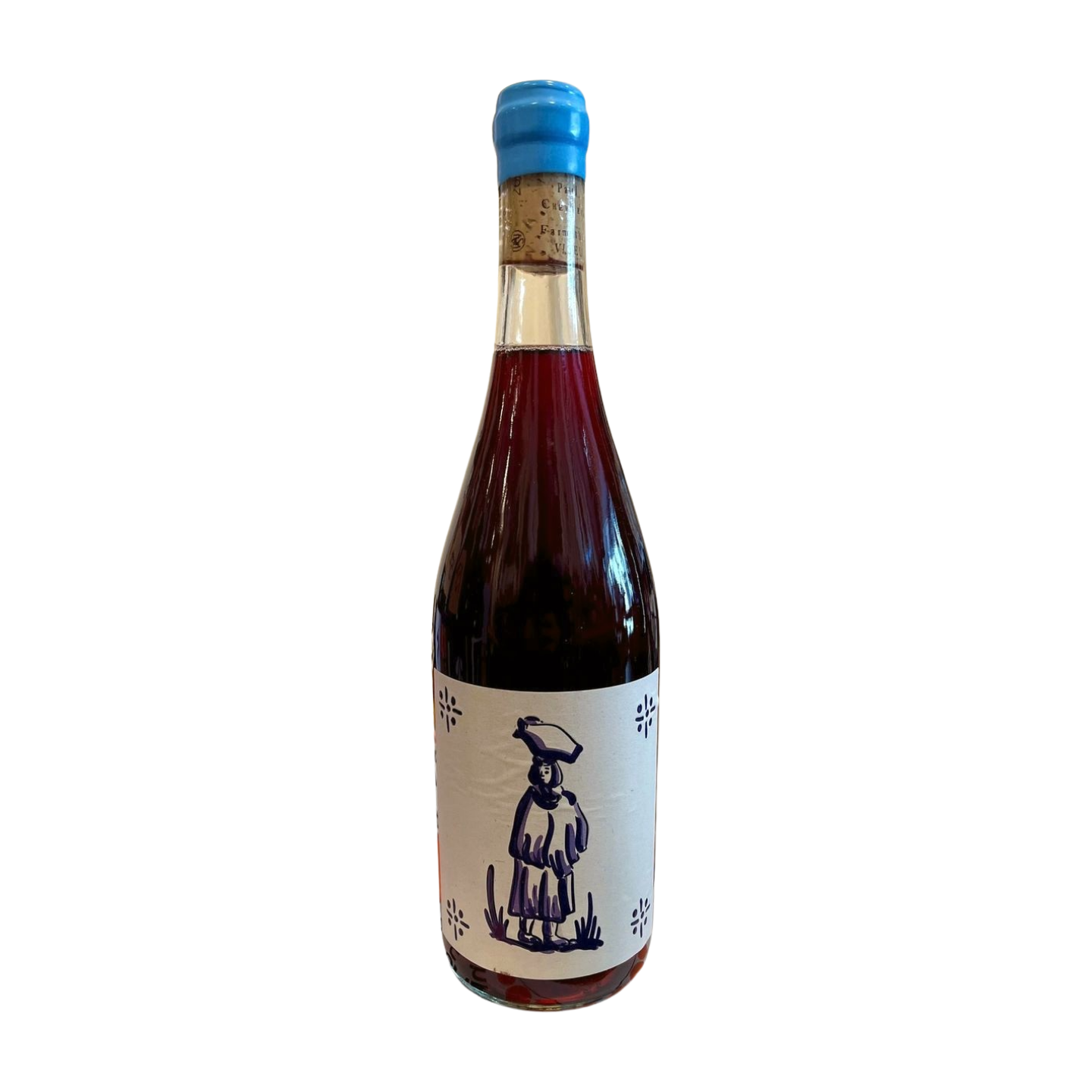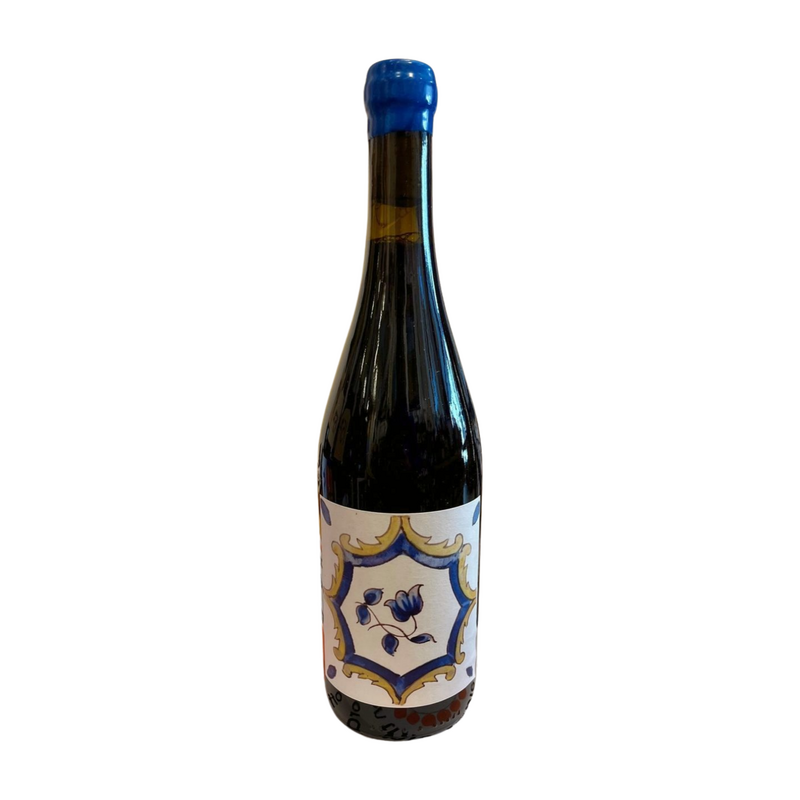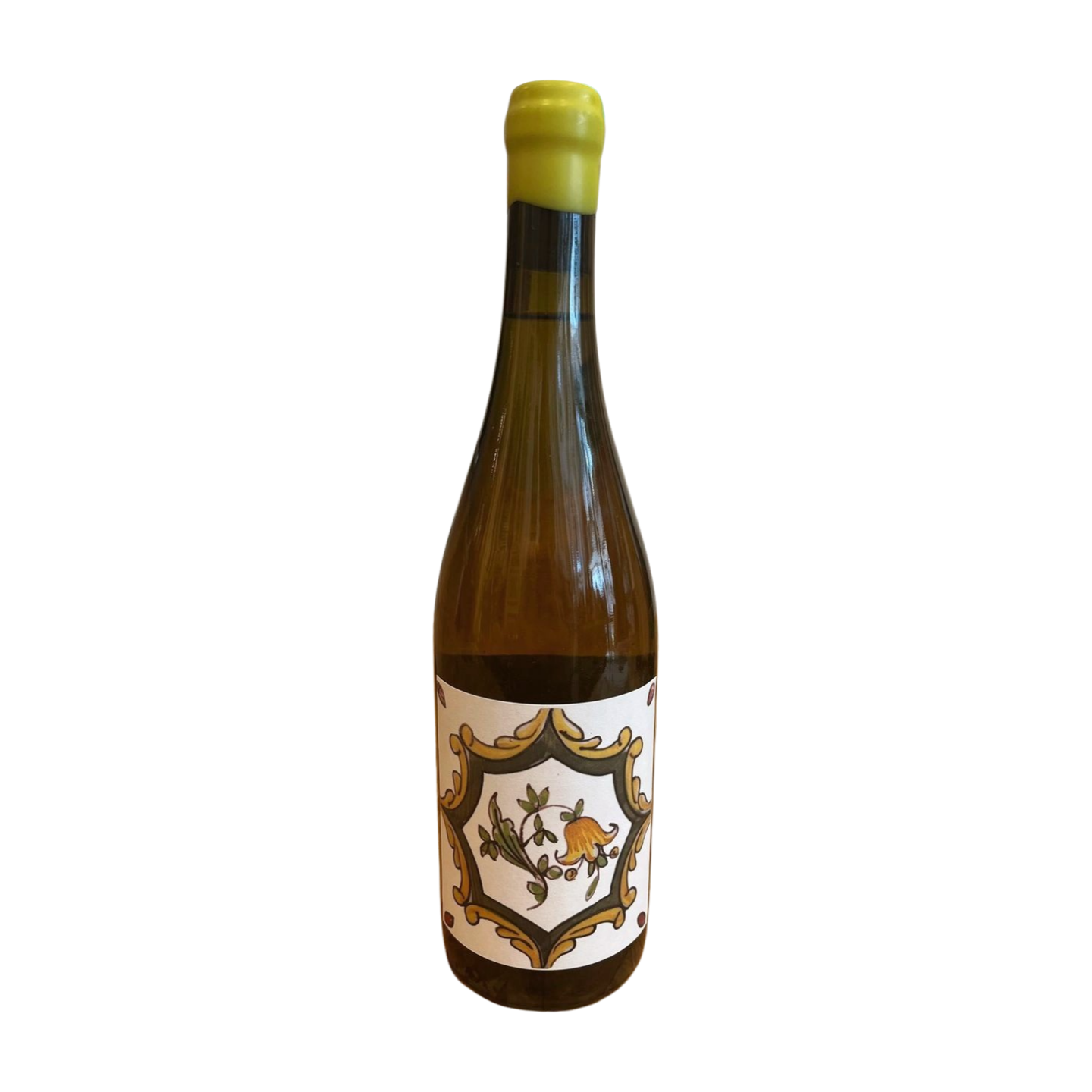Vizinho Vinhateiro
A young French couple with deep roots in winemaking is reviving centuries-old traditions in Portugal's Dão region. Charlotte Hugel, the 13th generation descendant of the famed Alsace winemaking family Hugel & Fils, and her husband, winemaker Paul Chevreux, have set up shop in Quinta da Roda da Quintã, near Viseu. Their project, Vizinho Vinhateiro, blends French know-how with Dão's rich viticulture heritage.
Hugel's family history intertwines with Portuguese wine through their membership in Primum Familiae Vini, a consortium of renowned family-owned wineries that includes Symington Family Estates, owner of Port producer Graham's. It was during her time at Graham's that Charlotte met Paul, sparking their love for Portugal and its wines.
Drawn to Dão's potential and similarities to their Alsatian roots, they embarked on a search for the perfect vineyard. After years of exploration, they found their haven in Farminhão, a village steeped in winemaking tradition. Here, they acquired a manor house and a small vineyard with vines dating back to 1931.
Their philosophy centers on organic viticulture and minimal intervention winemaking. They practice "physiological pruning," inspired by biodynamic principles, to nurture the health of their vines. Respecting the land and preserving local heritage are paramount to their vision.
Their first venture, Vizinho Vinhateiro, launched in 2021 with a red and a rosé. In 2022, they plan to introduce their first white blend and expand production to 8,000 bottles. Their ultimate goal is to create a welcoming space where visitors can connect with the land and their wines, mirroring the hospitality that defines Hugel's Alsatian legacy.
The couple finds a kinship between Dão and Alsace in their shared love for the land and a focus on small, quality-driven producers. While acknowledging the regions' distinct soil types, they believe Dão's high rainfall and temperature variations create ideal conditions for complex wines. Their aim is to showcase Dão's potential for terroir-driven wines with aging potential while preserving the region's unique character.
The initial releases are already showing promise, evolving from a fruit-forward character to revealing more nuanced tertiary aromas. Looking ahead, they plan to solidify their offerings with white, red, and claret bottlings, reviving a traditional Dão style.
With their dedication to quality and a deep respect for tradition, Charlotte Hugel and Paul Chevreux are poised to make a significant mark on Dão's wine landscape. Their story is one of family legacy, cultural exchange, and a love for the art of making memorable wines.
Filters
Portuguese wine
Frequently asked questions
The entire country of Portugal is divided into 14 different wine regions, including in the Azores and Madeira islands. Some of Portugal's most famous winemaking regions include the Douro Valley (known for Port) and Vinho Verde (known for its light, refreshing white wines).
Portugal is becoming more well known for its orange wines, talha wines (traditionally made in clay pots), and palhete (made by blending red and white grapes together).
Portugal is best known for its fortified wine, called Port wine. It is produced in the Douro Valley, which is a UNESCO World Heritage Site and recognized as the world's first demarcated wine region, established in 1756.
Vinho Verde in northern Portugal is another popular winemaking region characterized by rolling hills and lush landscapes. It's known around the world for low-alcohol, refreshing white wines, although the region traditionally focused more on red wines made with the fruit-forward vinhão grape.
The Portuguese island of Madeira, with its subtropical climate, is renowned for its fortified wines. Winemaking here dates back to the 15th century, when Portuguese
explorers brought grape varieties from around the world.
Our sustainable, natural wine shop is located in the Marquês neighborhood in Porto, Portugal. We also ship to countries around the world, including within Europe, the United States, Canada, Australia, China, and more. Review our Shipping Policy to learn more.
In recent years, there has been a notable shift toward sustainable viticulture and the production of natural wine in Portugal. Many winemakers are implementing organic farming practices and embracing biodiversity to maintain soil health and reduce chemical inputs. This commitment to sustainability is not only beneficial for the environment but also enhances the quality of the wines, allowing the unique characteristics of the terroir to shine through. For example, some winemakers are now utilizing ancient terracotta amphorae for fermentation (called talha in Portuguese). This method preserves regional cultural heritage, enhances the wine's character, and aligns with sustainable practices by reducing reliance on modern materials.



